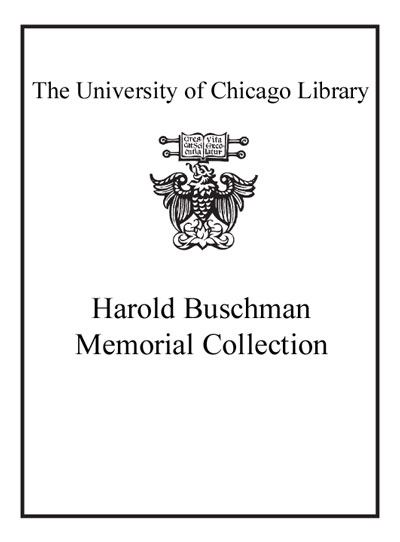| Summary: | "Going back to the Puritans, Protestant orientations to work and economics have shaped religious practice and wider American culture for several centuries. But not all strands of American Protestantism consistently yielded frameworks that elevated secular work to the highest echelons of spiritual significance. This book surveys the efforts of a religious movement within White Protestant Fundamentalism and their Neo-Evangelical progeny that steer tremendous resources and energy toward "making work matter to God." Today bearing the name the "Faith and Work movement," this effort puts on display the creative capacities of religious and lay leaders to adapt a faith system to the changing social-economic conditions of advanced capitalism. Building from the insights and theory of Max Weber, Saving the Protestant Ethic draws on archival research and interviews with movement leaders to survey and assess the surging number of new organizations, books, conferences, worship songs, seminary classes, vocational programming, and study groups promoting classically Protestant and Calvinist ideas of work and vocation with American Evangelicalism. Such efforts are traced back to early 20th century business leaders and theologically trained leaders who saw a desperate need for a new "work ethic" for religious laity occupying professional, managerial, and creative class work"--
|
|---|

